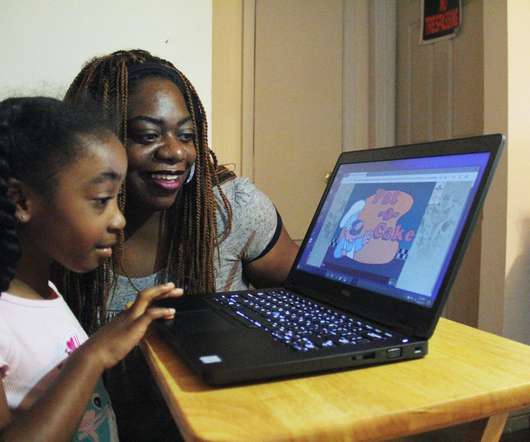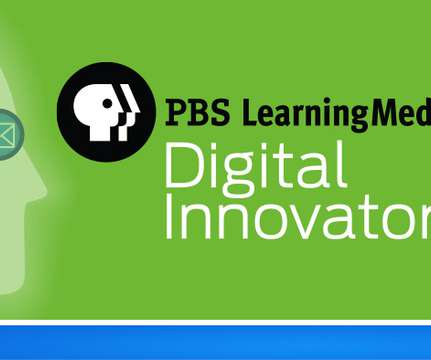Technology overuse may be the new digital divide
The Hechinger Report
OCTOBER 23, 2017
2017 Common Sense Census: media use by kids age zero to eight. For years policymakers have fretted about the “digital divide,” that poor students are less likely to have computers and high-speed internet at home than rich students. Even high-speed internet access is becoming more commonplace.
















Let's personalize your content